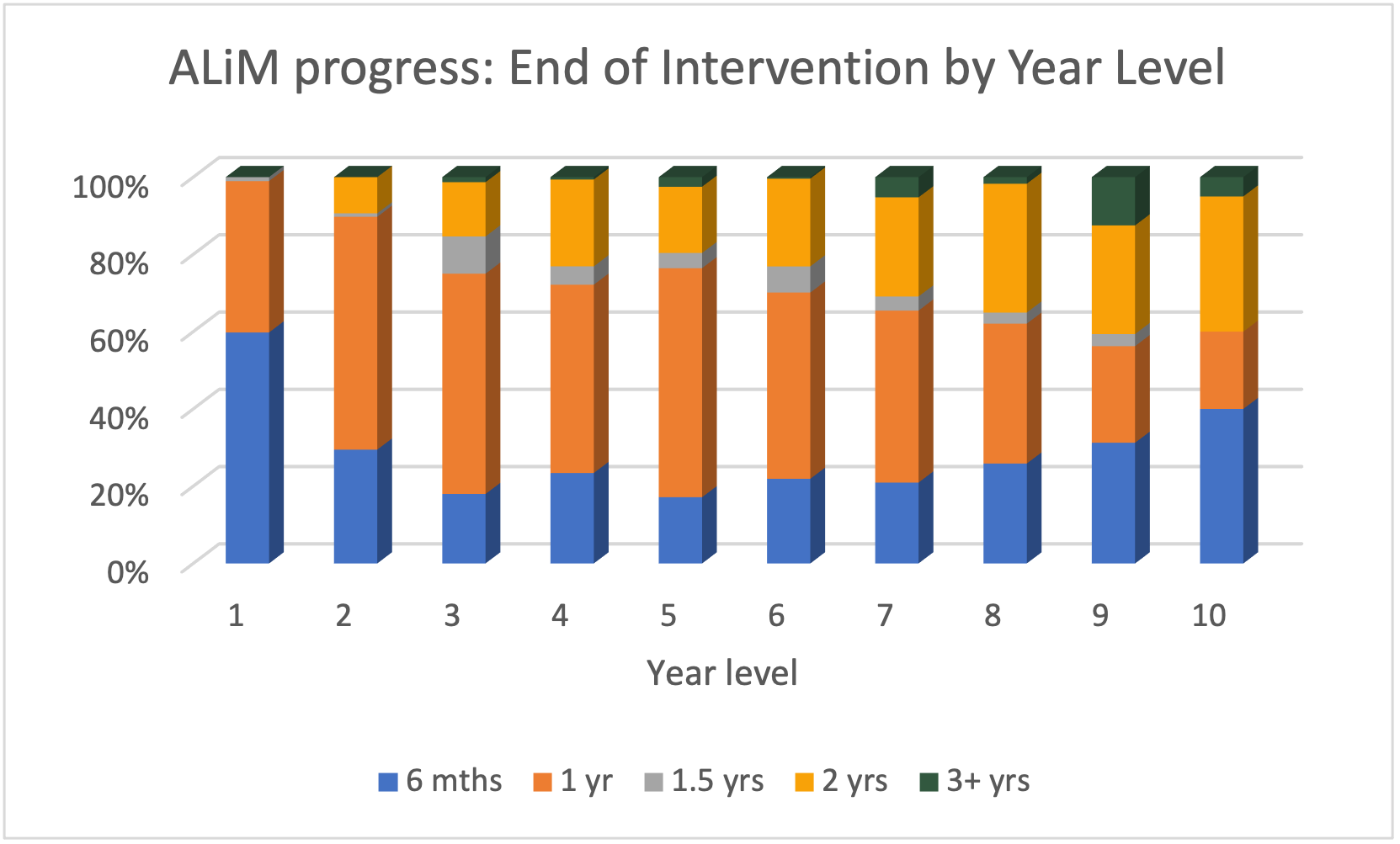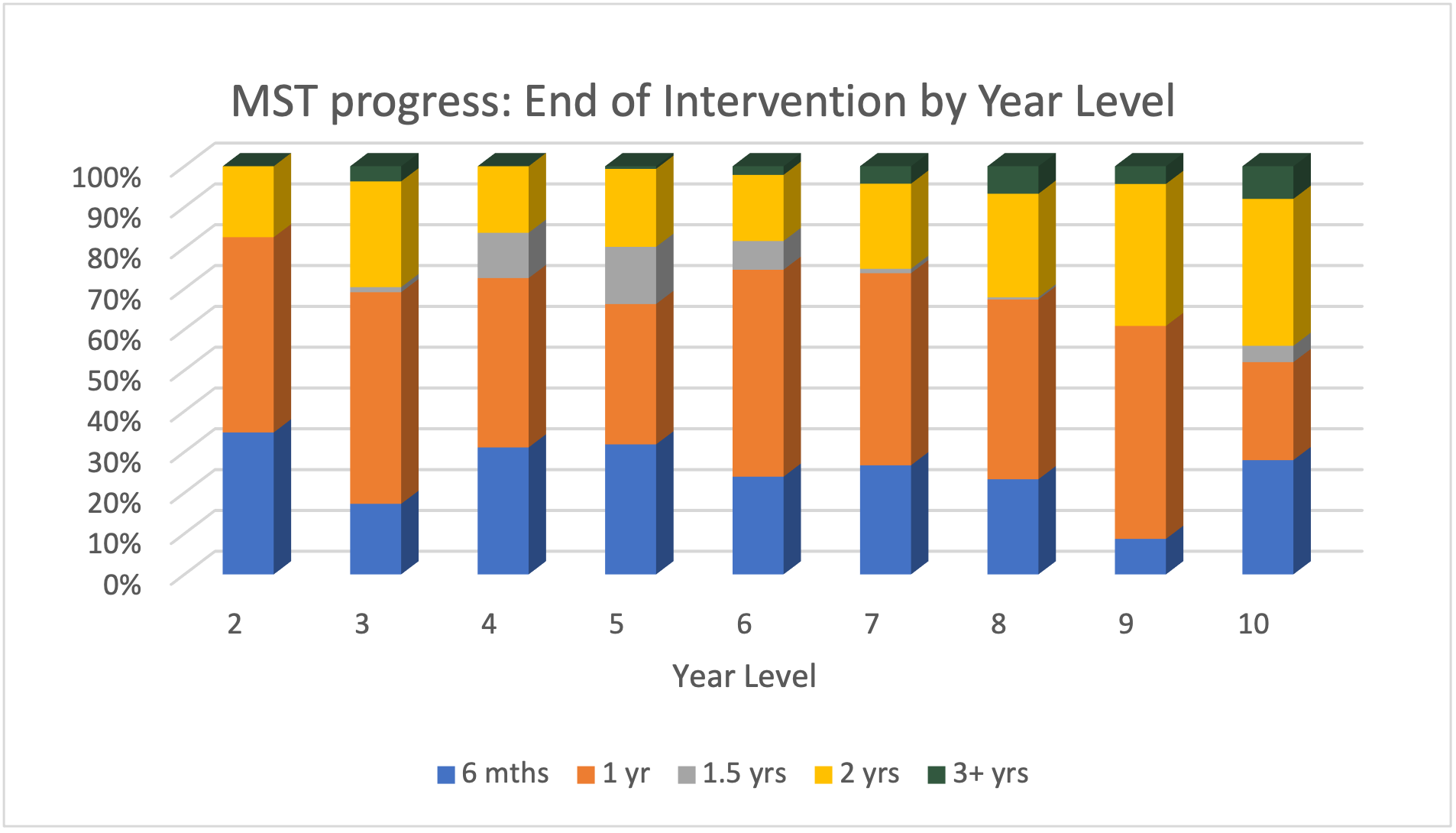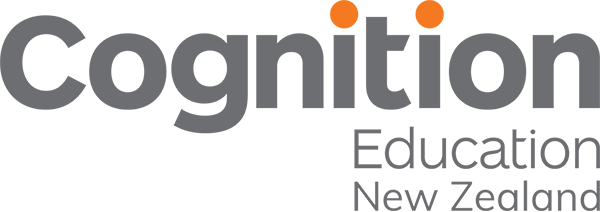Improve teaching and learning of Mathematics. Start today!
Mathematics Professional Learning and Development designed with you, for your primary, intermediate or Secondary School!
Learn more about us
Maths PLD in 2025
Get started and chat with our team!
Our dedicated Mathematics team work with schools to engage in collaborative inquiry, challenge beliefs and assumptions, and build on the strengths of teachers’ current practice.
Enhance Mathematics PLD
Work with us to strengthen…
- mathematical pedagogical and subject content knowledge
- formative assessment practices through improving teachers’ capacity to notice, analyse, and respond to ākonga mathematical thinking
- collaborative planning, co-teach and evaluation of their teaching and the impact on learning
- use of technology and tools to enhance mathematics teaching and learning (digital literacy and fluency)
- culturally and linguistically diverse teaching strategies and co-design a mathematics curriculum that locates learning within relevant contexts of the learners.
Our Professional Development creates learners who:
- develop positive mathematical identities and agency
- learn new concepts through engaging with mathematically challenging tasks
- value risk-taking and engage in productive struggle as they solve problems
- confidently share their mathematical ideas, justify their solutions and strategies, and consider the views of others to deepen mathematical understanding
- use mathematics to investigate, interpret, explain, and make sense of the world around them
- provide opportunities for students to consolidate their mathematical understandings
- take ownership of their learning and know what they need to achieve their next learning goal.
Enhance Mathematics PLD
Work with us to strengthen…
- mathematical pedagogical and subject content knowledge
- formative assessment practices through improving teachers’ capacity to notice, analyse, and respond to ākonga mathematical thinking
- collaborative planning, co-teach and evaluation of their teaching and the impact on learning
- use of technology and tools to enhance mathematics teaching and learning (digital literacy and fluency)
- culturally and linguistically diverse teaching strategies and co-design a mathematics curriculum that locates learning within relevant contexts of the learners.
Our Professional Development creates learners who:
- develop positive mathematical identities and agency
- learn new concepts through engaging with mathematically challenging tasks
- value risk-taking and engage in productive struggle as they solve problems
- confidently share their mathematical ideas, justify their solutions and strategies, and consider the views of others to deepen mathematical understanding
- use mathematics to investigate, interpret, explain, and make sense of the world around them
- provide opportunities for students to consolidate their mathematical understandings
- take ownership of their learning and know what they need to achieve their next learning goal.
Our approach to Mathematics PLD
Using The Collaborative Impact Approach we support leaders and teachers to evaluate their current practices, capabilities, and collect community voice to make informed choices about culturally and contextually relevant learning approaches for their students.
Engaging in professional learning with Cognition, supports school leaders to evaluate and co-discover the effectiveness of current mathematics teaching practices and co-design a responsive improvement action plan. The design of the professional learning solution is co-constructed to meet the needs of the leaders and teachers in your school.
The Collaborative Impact Approach is also central to supporting you to review and redesign your local mathematics curriculum to ensure all learners engage in contextual and relevant learning across the breadth of mathematics and the wider curriculum.
Our approach provides sustained professional learning and development where teachers’ strengths are identified and nurtured to accelerate mathematics outcomes for learners. We promote a collaborative learning environment that can be linked to professional growth cycles ensuring teachers are continuing to develop their practice in alignment with the Standards for the Teaching Profession.
National Contract
Enabling and empowering maths students through ALiM and MST
What is ALiM and MST?
Since 2012, Cognition Education has been supporting teachers to accelerate learning in mathematics. Our Mathematics facilitators focus Professional Learning and Development on enabling and empowering students. There are two intervention models that we support schools and teachers with, the first is Accelerated Learning in Mathematics (ALiM) and the other is Mathematics Support Teacher (MST). Both intervention models are driven by inquiry with students at the centre.
The ALiM intervention model is designed for teachers to be solution-focused, consider what they can do, and make changes within their practice to enable the students to achieve success in mathematics learning.
The MST intervention is designed for students with some learning challenges and that need a more in-depth response to interrupt and accelerate the student’s current learning trajectory.
Each year, the Cognition team and mathematics facilitators from the Institute of Professional Learning, Waikato University, support teachers in providing targeted support for nearly 3,000 students. We are proud that the ALIM Intervention has successfully accelerated the learning of the majority of these students with significant gains being made within a 12 to 15 week period. Not only has their learning accelerated, these students also develop more positive attitudes towards learning and teachers see the impact of this change across all aspects of the students learning.
Table 1: Mathematics achievement gains for ALiM students

Table 2: Mathematics achievement gains for MST students

The two tables show the increased gains in achievement students have made as a result of the intervention support received.
Collective Responsibility
Collaborative inquiry sits at the centre of both interventions.
ALiM and MST continue to evolve into an ever more effective intervention. Adaptation around what works and what doesn’t has come about because teachers are conducting continual inquiry into their own practice. The teachers and school leaders involved don’t see it as a programme that is applied to fix a problem. As one principal commented, “In the past I think there’s been the tendency to just plug the child into an existing intervention. We are challenged with what are the child’s needs and how will we create an intervention to meet those needs?”
Another school leader we interviewed said, “I would just say that every school would find it hugely beneficial to be involved. I think that long term the goal is of course to reduce the number of students who need interventions, and I think that we’re well on the way to getting there.’’
Learning from students is important, as is continuous evaluation. As the teachers design and implement their intervention, they adapt and refine their practice to ensure accelerated student progress occurs.
Teachers are given the tools and support to do something different in their teaching, and to identify and evaluate what works. In the video, Gemma Lee from Kaiangaroa reflects on the positive effect ALiM had on her own practice.
Gemma-Lee also comments ‘Regardless of whether you are part of ALiM or not you are still going to have some of those students in your class that need extra support and the ALiM intervention and the programme design is perfect for teachers … why would you not scaffold or front load –when you know it works and your students can be successful?’
Why are ALiM and MST working so well?
- Schools are supported to use their expertise to undertake a short-term inquiry focused on accelerating progress of a group of students
- Schools deepen inquiry thinking and practice is based on sound evidence.
- The leadership team alongside the ALiM teacher or MST transfer to other teachers what they have learned through their inquiry.
- Students develop their identity as successful learners in mathematics, which supports their learning across The New Zealand Curriculum.
Meet our National Team











ACCESS PLD FOR MATHEMATICS
EMAIL US
Click here
Contact
Level 8, 139 Quay Street, Auckland 1010
New Zealand

